News
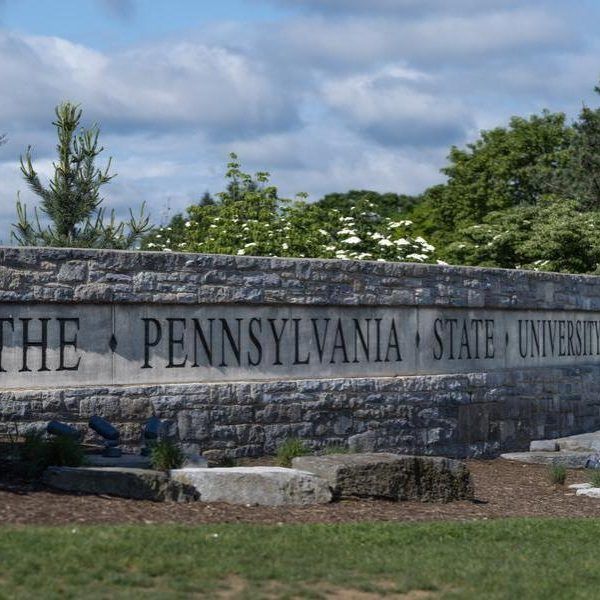
Jun 13, 2025
Eight Penn State research commercialization projects awarded GAP funding
Eight research projects have been selected for support from the Penn State Commercialization GAP Fund. The GAP Fund is a competitive internal program designed to help promising technologies bridge the gap between academic research and industry adoption.
Full Article

Jun 12, 2025
Human microbiome pioneer to deliver World Microbiome Day lecture
The One Health Microbiome Center (OHMC) in the Huck Institutes of Life Sciences at Penn State will host Curtis Huttenhower, professor of computational biology and bioinformatics, for a special virtual lecture at 10 a.m. on June 27 in honor of World Microbiome Day.
Full Article
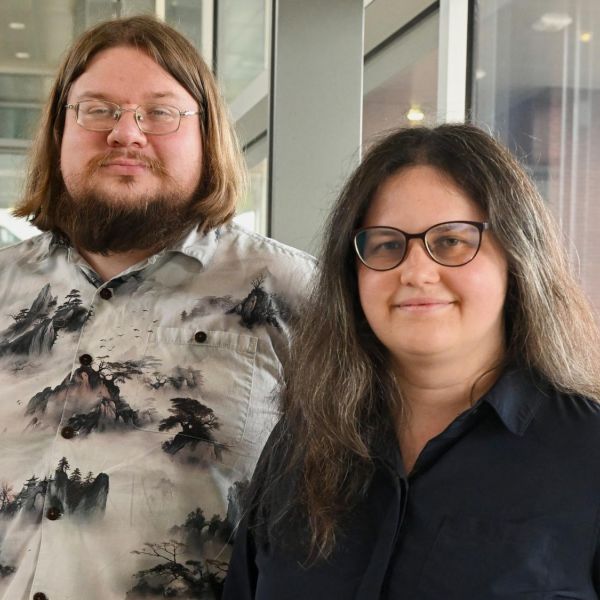
Jun 11, 2025
Understanding us: Researchers apply algorithm to decode complex genome sequences
Two assistant professors of computer science at Penn State helped develop a specialized algorithm to analyze and verify complex genome sequences.
Full Article
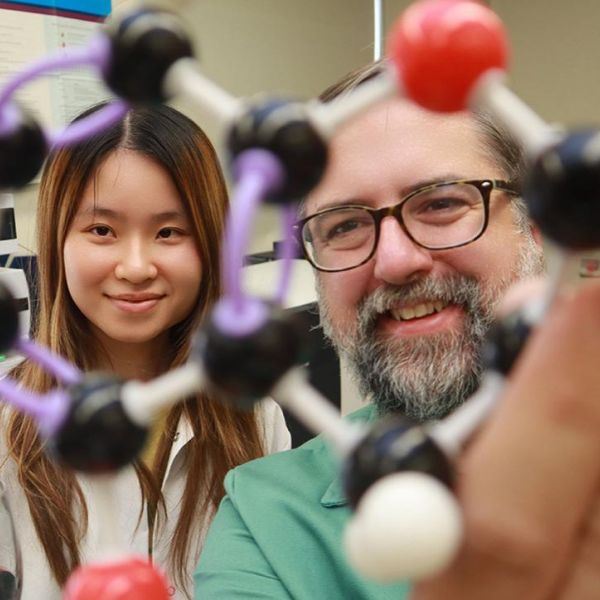
Jun 11, 2025
‘Fingerprinting’ plant compounds helps explain food, drink tastes
Researchers develop method to determine what compounds affect bitter taste, mouthfeel in wine, dark chocolate, and other foods and drinks.
Full Article
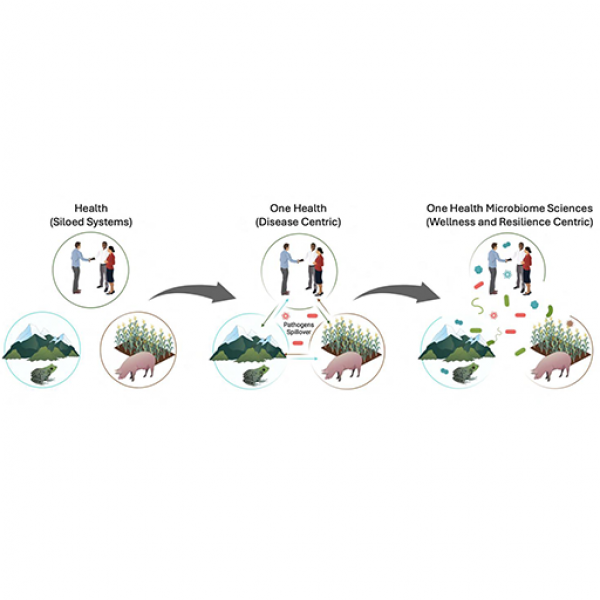
Jun 10, 2025
Q&A: Unifying the microbiome sciences for global health and sustainability
Recently, members of Penn State's One Health Microbiome Center published an article in the American Society for Microbiology’s flagship journal, mBio. In this Q&A, a few of the paper’s authors discussed how the center is leading the charge to breakdown traditional disciplinary silos and expand the One Health focus to include more than just pathogenic microbial threats.
Full Article
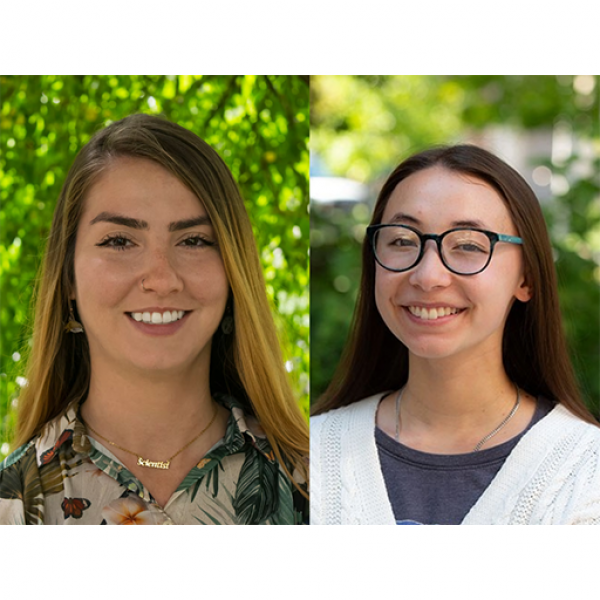
Jun 09, 2025
Two Penn State doctoral students selected for industry internship in Germany
The One Health Microbiome Center (OHMC) in the Huck Institutes of the Life Sciences at Penn State is sending two doctoral students to Hilden, Germany, for a seven-week industry internship at the headquarters of QIAGEN, a global leader in biotechnology for life sciences diagnostics, equipment and research.
Full Article
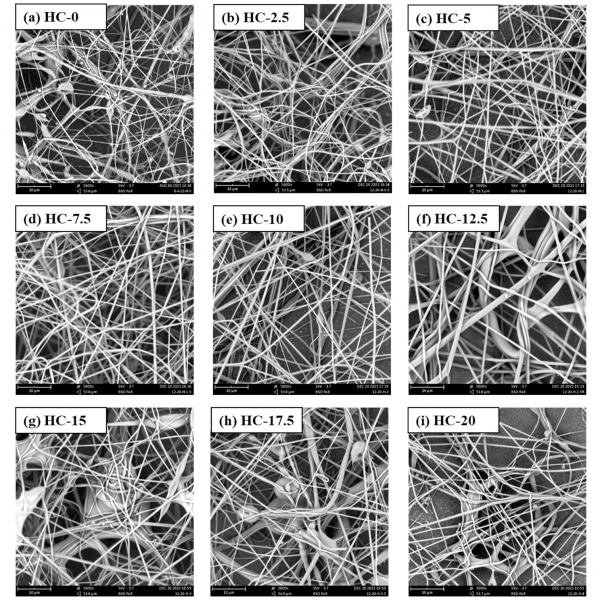
Jun 06, 2025
Edible, biodegradable fibers made from milk protein, cellulose
Milk protein and cellulose derived from plants may be the next big thing in sustainability, thanks to a first-of-its-kind advancement made by researchers at Penn State.
Full Article

Jun 04, 2025
Huck Chair in Nanomedicine plans to take research from bench to bedside
As biomedical challenges grow more complex, Penn State’s Dipanjan Pan is pioneering a multifaceted approach to nanomedicine that spans basic research, clinical translation and entrepreneurial deployment.
Full Article
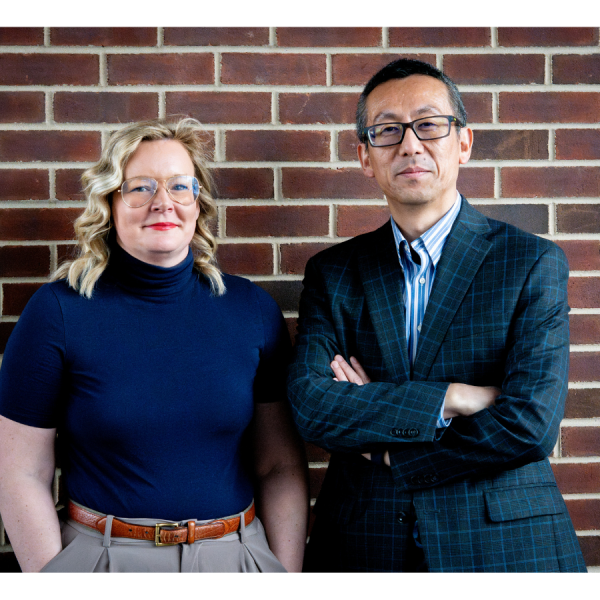
Jun 04, 2025
$2.9M grant funds study on long-term effects adolescent binge drinking
An interdisciplinary team of researchers at Penn State will use a new five-year, $2,900,000 grant to investigate the long-term effects of excess alcohol drinking during adolescence.
Full Article
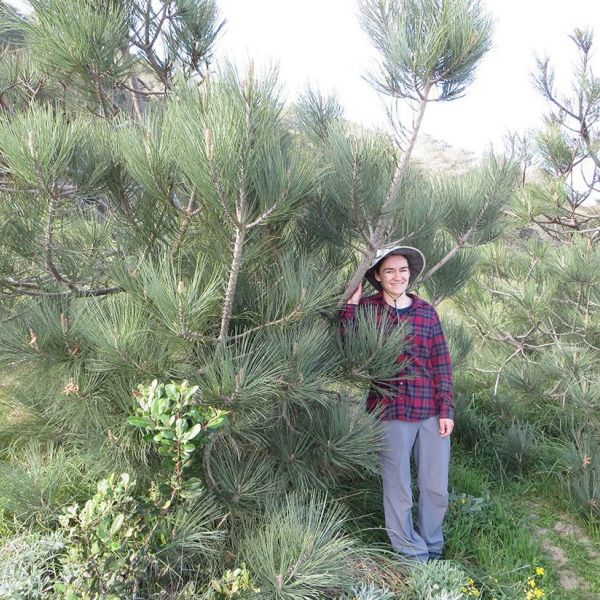
Jun 03, 2025
Isolated Torrey pine populations yield insights into genetic diversity
Researchers find a few genes that allowed trees from insular populations to adapt to local conditions may inhibit their adjustment long term to a new location.
Full Article